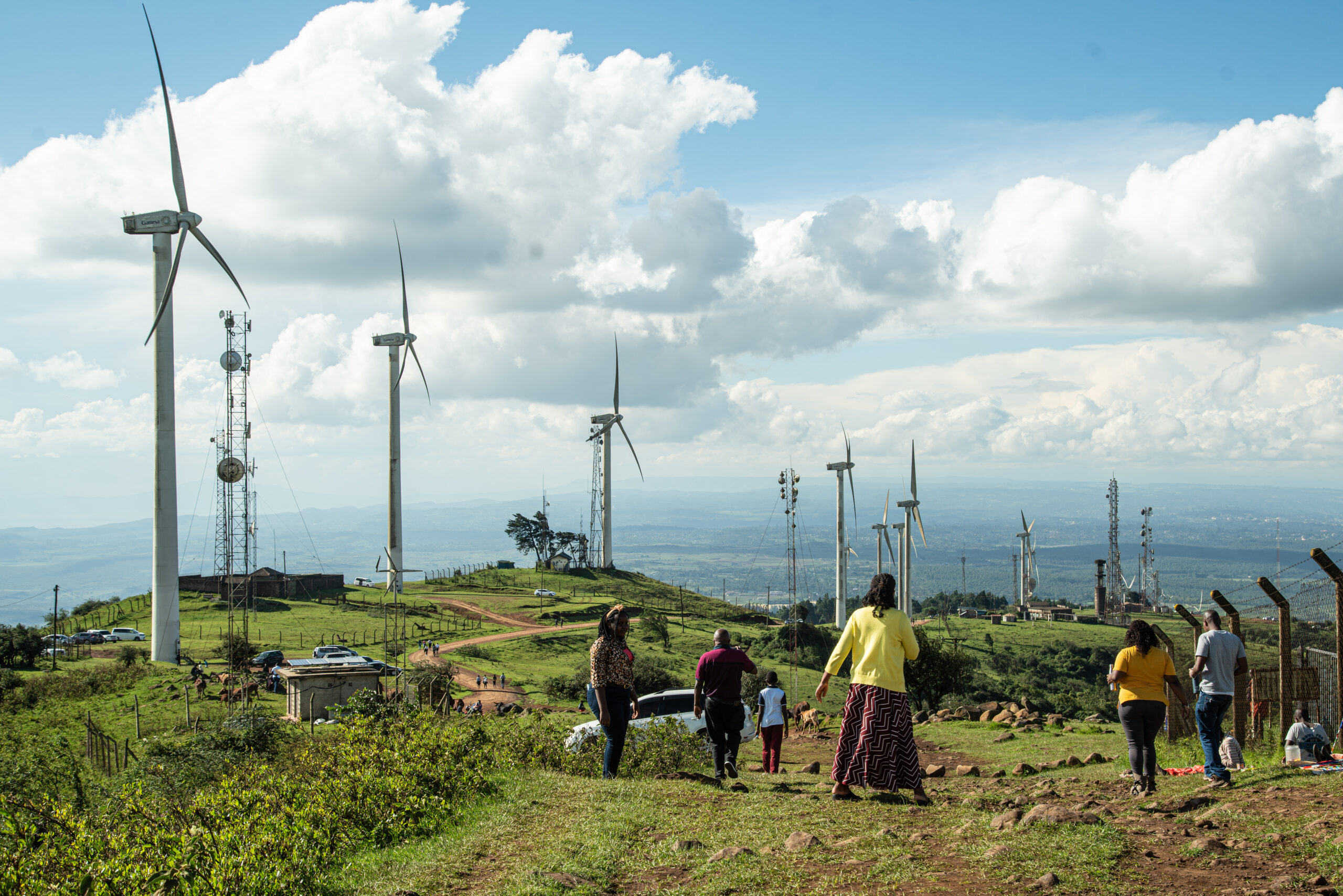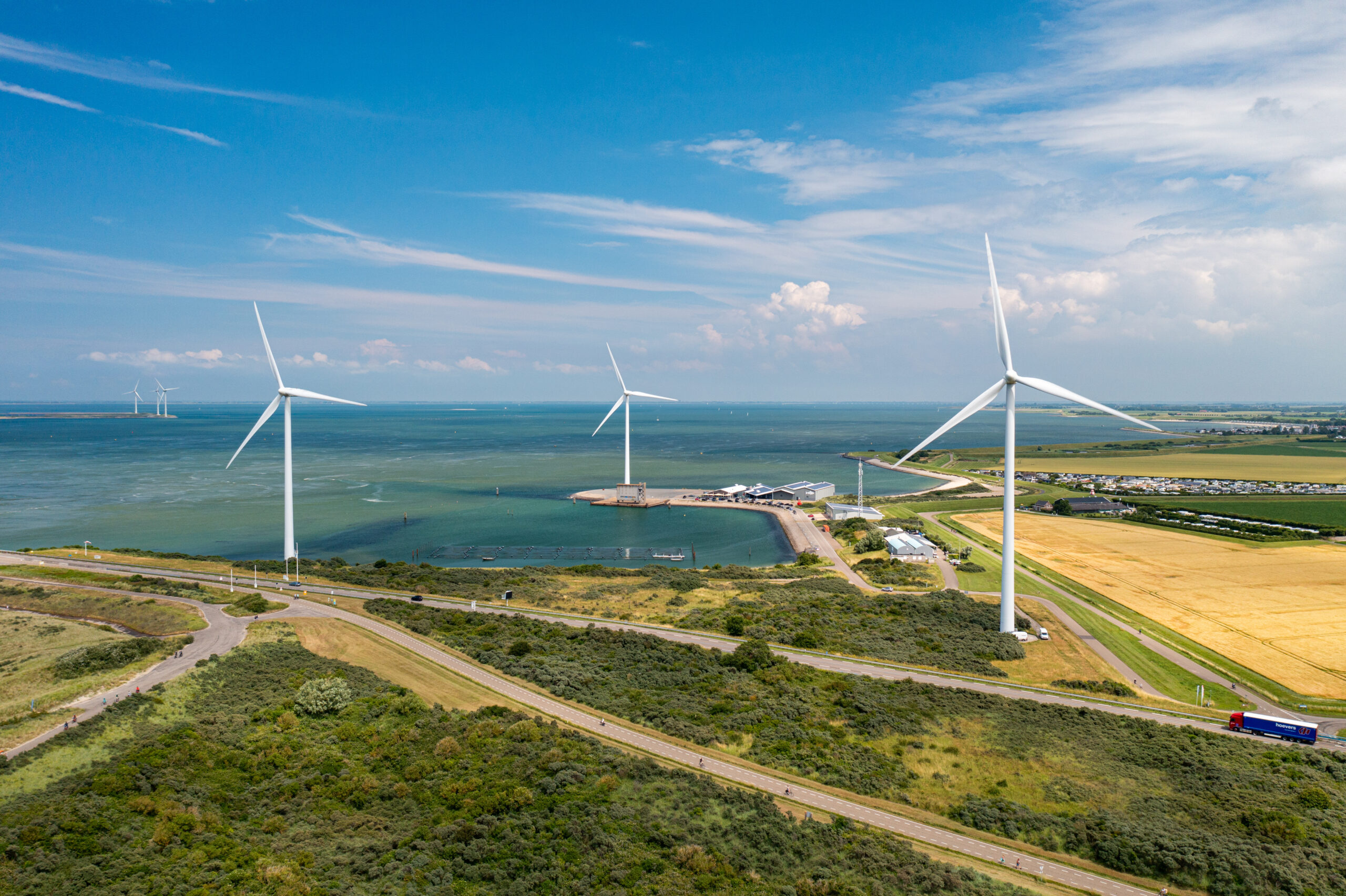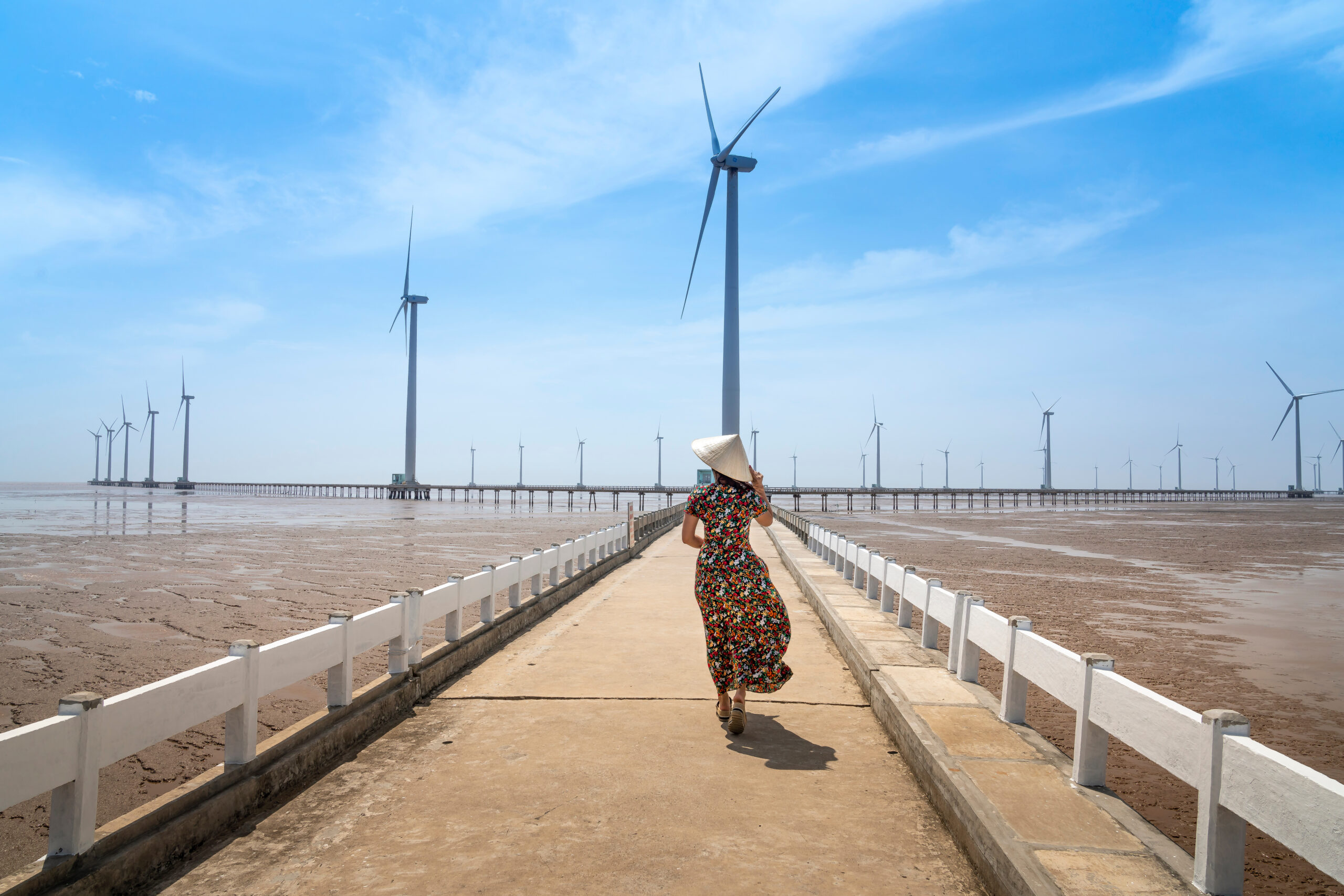In Nigeria, renewable energy could satisfy energy needs
In Nigeria, renewable energy would satisfy the nation’s energy needs and power sustainable economic growth, according to a new report.

A new report demonstrates how in Nigeria renewable energy technologies will be key in achieving a sustainable energy mix and meeting the country’s growing needs.
Published by the International Renewable Energy Agency (IRENA) in close collaboration with the Energy Commission of Nigeria, the report entitled “Renewable Energy Roadmap: Nigeria” captures Nigeria’s realities, experts say. It sharpens its focus on key challenges and opportunities facing the country’s energy system.
The study, published in January 2023, said the actions needed to realise the future of renewable energy in Nigeria are multi-faceted and include policy, regulatory and financial-related actions to place the country on the path to a transformative future.
Ninety-two million people out of the country’s 200 million population lack access to power, which is the lowest access to electricity globally, according to the Energy Progress Report of Tracking SDG 7.
The IRENA report comes after Nigeria launched its energy transition plan (ETP) as one of its significant approaches to reducing emissions, tackling poverty, addressing climate change and building a more sustainable economy. The focused sector areas of the ETP are power, transport, oil and gas, cooking and industry.
At COP27, President Muhammadu Buhari also made more commitments, on behalf of Nigeria, to tackle the global climate crisis. The president also urged world leaders to stop the blame game and avoid delays in implementing efforts to tackle climate change.
The IRENA report noted that Nigeria’s vast natural renewable energy resources are essential for sustainable development. It further indicated that resources like solar, wind, hydro and biomass are very much underexploited.
According to the report, Nigeria is facing a range of socio-economic challenges, it requires sustainable energy sources to meet the growing needs for all the sectors of its economy and achieve universal access to modern energy services.
“Universal provision of energy services for cooking and power are key objectives of national energy policies, in addition to priorities of energy affordability, energy security, and reduced air pollution and carbon dioxide (CO2) emissions,” it said.
Renewable energy sources could be a driving force in achieving energy transition because they are some of the lowest-cost energy sources, are domestically abundant and less polluting than conventional or traditional energy sources, according to the report.
The report further noted investment in renewables is more cost-effective than the conventional pathway. “The Transforming Energy Scenario (TES) has lower investment costs than the Planned Energy Scenario (PES), USD 1.22 trillion compared with USD 1.24 trillion, while delivering the same energy service. In terms of average annual investment values, this corresponds to USD 35 billion per year compared with USD 36 billion per year,” it said.
This shows investment in renewables is cost-effective – it is cheaper than the planned case, regardless of the economic growth rate achieved. Nigeria could provide sustainable energy for all its citizens in a cost effective manner by using its abundant and largely untapped renewable energy resources, according to the report.
However achieving the TES will require a “shifting of and scaling-up of investments in Nigeria in the short term to avoid fossil fuel lock-in infrastructure investment with long lifetimes such as natural gas pipelines,” it warned.
The sheer scale of the renewable energy resources at Nigeria’s disposal and cost reductions in these technologies mean that for these technologies to play the role envisaged in the TES, financial solutions will need to be developed to meet these needs and redirected away from the highly fossil fuel-dependent PES.
Actions needed now
The report recommended that broad-based national planning is needed to plan and manage the energy transition so that the benefits outweigh the costs and are evenly distributed across the country.
“An integrated long-term plan should be developed in coordination among different ministries and national bodies. The energy plan must consider the different transition pathways including electrification, the deployment of green gases, sustainable biomass and solar thermal among key enabling infrastructure.”
Among other measures, the report also suggested a fiscal system is needed to facilitate the adoption of energy transition solutions while disincentivizing new investments in fossil fuel technologies. It will also support a national phase-down and -out of these technologies aligned with a climate compatible pathway.
“Policies and measures are also needed to facilitate access to finance, foster innovation and raise awareness among consumers – and citizens in general – to support the uptake of transition-related technologies.
“A long-term, integrated energy plan is also necessary to coordinate the deployment of renewables-based solutions with measures to raise energy efficiency and develop the needed infrastructure, while minimizing stranded assets.
“Based on the long-term energy plans, corresponding investments are needed to upgrade existing and develop new infrastructure, often as a prerequisite to attracting private investments in energy-transition-related solutions.”
Step by step
Damilola Hamid Balogun, Chief Executive Officer of Youth Sustainable Development Network (YSDN), reacting to the report, said it’s important for the country to intentionally position itself to use renewable energy sources to address energy access challenges.
He said to further dive into the potential renewable energy has to offer, the new report indicates that Nigeria can generate 128GW of solar energy, 68GW of wind energy, 33GW of hydropower, and 3GW of biomass energy.
“To unlock the maximum prosperity renewable energy has to offer in Nigeria certain steps must be laid and some of these steps are also highlighted in the IRENA roadmap report. These steps include establishing clear policy frameworks, integrating renewable energy into the national grid, promoting private sector investment, and promoting off-grid solutions, particularly for rural communities,” he told Gas Outlook.
He believes if Nigeria takes the necessary steps to promote and upscale the use of renewable energy sources, the country will achieve significant energy growth and economic development while also being a force to be reckoned with in the affairs of sustainable development globally.



